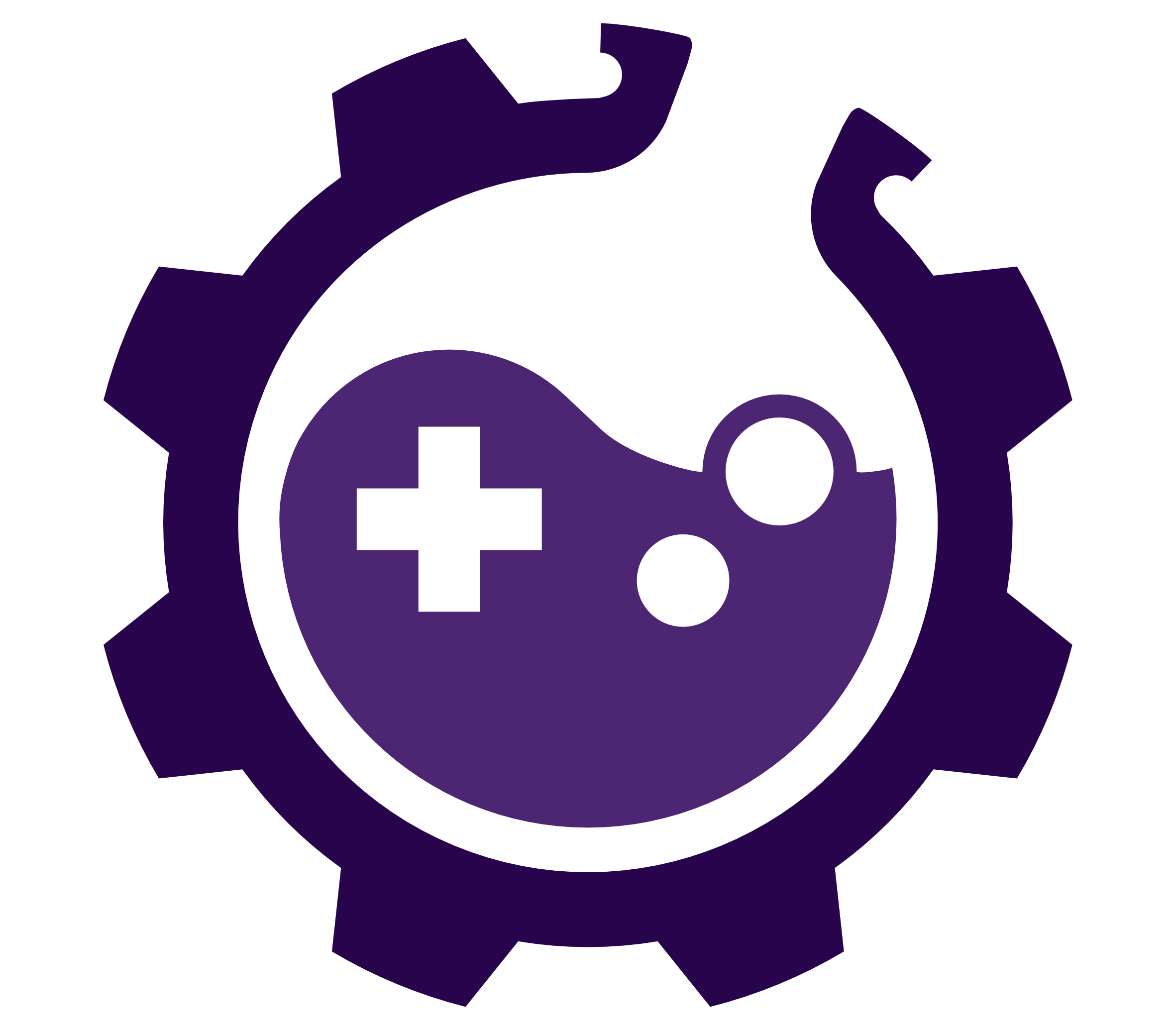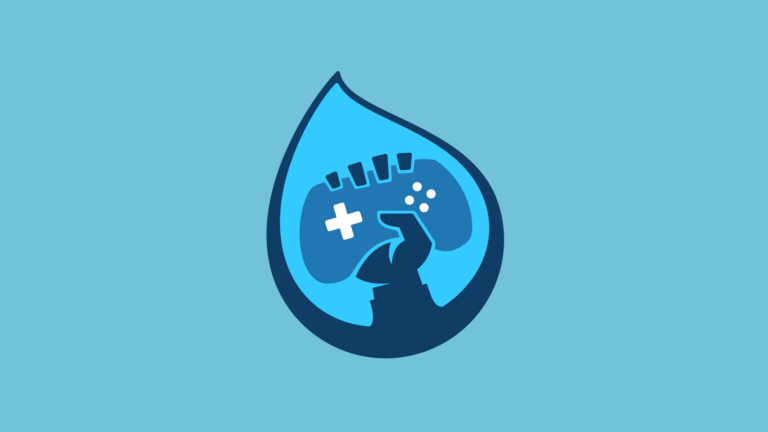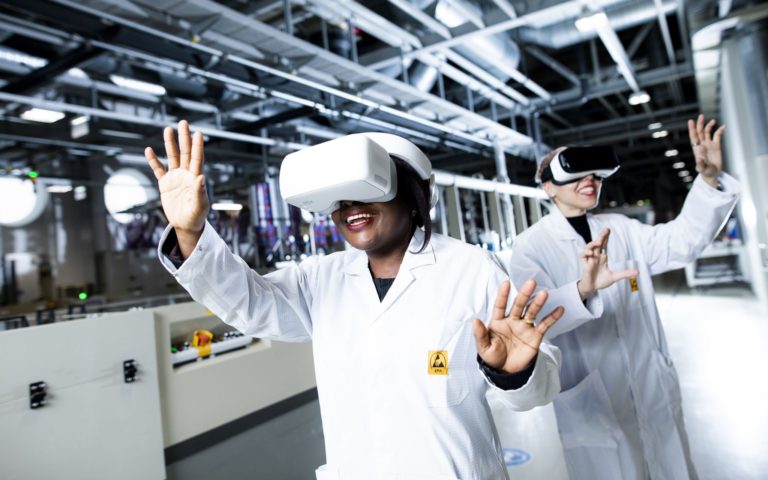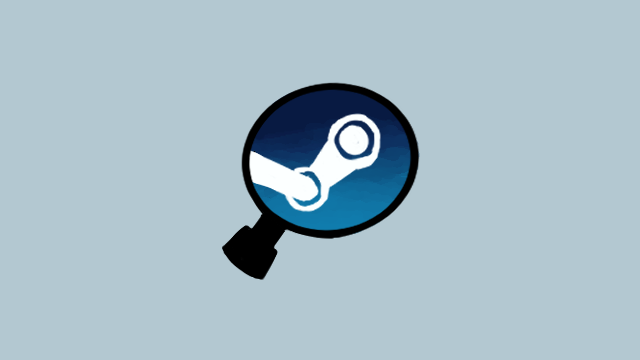Projects
Chimera
Chimera Desc
Funded by: Partners:Digital Energy Twin – Optimised Operation and Design of Industrial Energy Systems
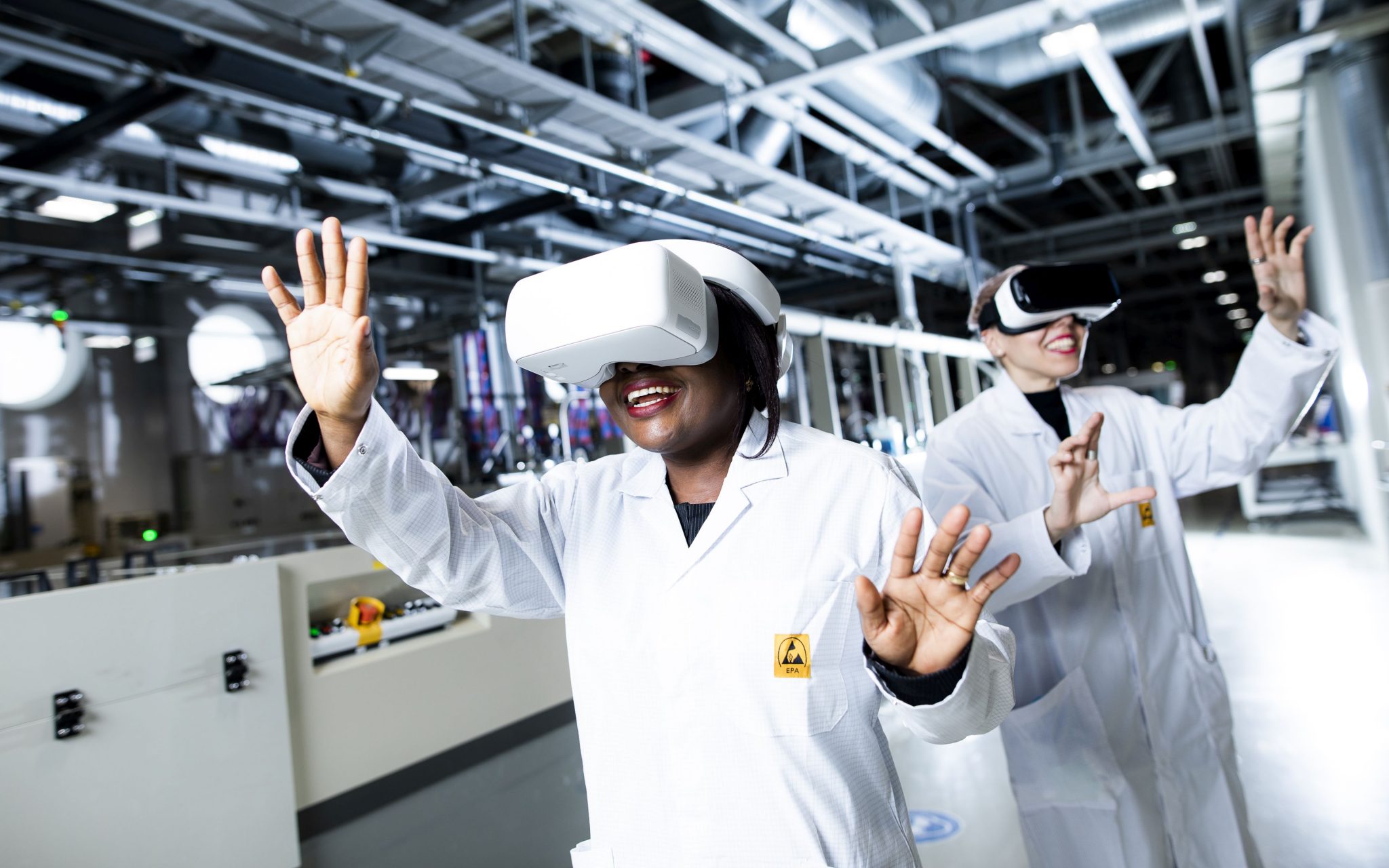
Industrial energy systems for manufacturing are mainly designed for single supply technologies, not designed for the fluctuation of energy demand and energy supply and thus can only react to a volatile demand and supply (thermal and electric) to a limited
Funded by: Energieforschung (e!MISSION), Energieforschung, Energieforschung 5. Ausschreibung 2018 Partners:EWA (Decision Support for Water Supply System Planning involving Future Change Szenarios)
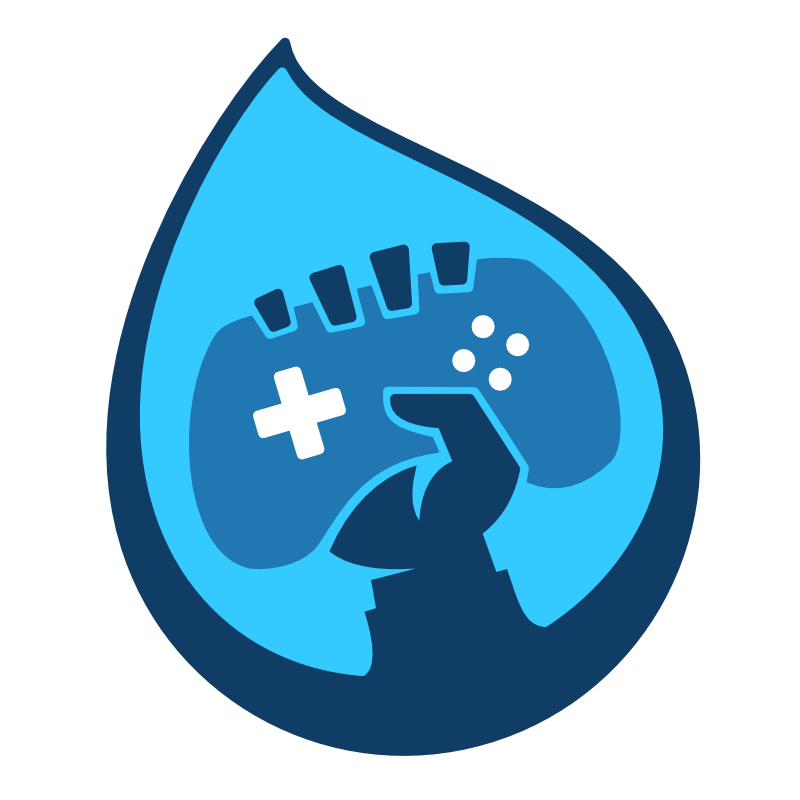
The research project EWA deals with the topic of strategic planning in drinking water supply to cope better with an uncertain future development. In the project, a decision support tool for water supply systems is being developed, which is able to derive robust system extensions or adaptations. Various planning alternatives with regard to the security of supply, coverage of water requirements, life cycle costs and resource conservation can be examined in the tool, taking into account changing factors such as socio-demographic and climatic developments. The tool uses playful aspects to support intuitive solution-finding. Such an approach is also known as a “serious game”. The project also uses big data analyzes using machine learning algorithms to analyze time-series data (smart meters, pressure, and flow measurements). These are currently being developed in the research project ADAM (Advanced DAta-driven Modeling in water loss management). Long-term use of the web-based tool is ensured, among other things, by involving water supply companies, planning offices, state representatives and municipalities in the development of the tool.
Funded by: Partners: Institute of Urban Water Management and Landscape Water Engineering (TU Graz, Daniela Fuchs-Hanusch)FemQuest
FemQuest is a playful approach to get girls and young women interested in programming. In the course of gaming meet-ups, different solutions to programming tasks are developed together in order to make progress in the game.
Funded by: Partners: Jugend am WerkMaroon

Maroon is an immersive physics laboratory designed to support the flexible integration of different interactive learning experiences. The user can approach one of the stations and teleport themself to a room containing the content, simulation or experiment.
Funded by: Partners:Steam Analysis
The Steam platform allows us to better understand the world of games and also players. We use methods of data analysis to gain various insights to be able to design better games and make better recommendations for players.
Funded by: Partners:Twitch Analysis
Today’s world is characterized by social interactions online. The video game world is also shaped by these social interactions within social networks and online games. One of the most important social networks currently in the gaming industry is Twitch. Twitch is a streaming service originally designed for gamers, where gamers stream games live. Streamers are already seen as an essential element for the distribution and marketing of video games and can be described as “influencers”. An important question is to find out who the influencers in this network are and whether they have an influence on elements such as the games played and the streaming time on other streamers in the network. We, therefore, want to find out more about the phenomenon streaming
Funded by: Partners:Voladigital
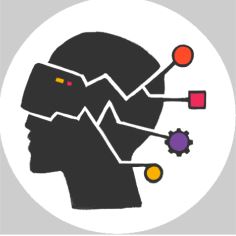
Competences for a volatile and digitized business world
SMEs are currently facing major challenges such as increasing uncertainty and volatility. Digitalization and agility bring both opportunities and new skills requirements. Currently, there are few scientifically based, practical training courses that focus on digitization and/or agility. Learning Factories and Makerspaces offer effective hands-on learning environments. The aim of this research project is to create a training concept where participants can flexibly acquire theoretical content on a learning platform and apply this knowledge in a learning factory and a makerspace. For this reason, a survey with Styrian SMEs will be carried out in the first step and on this basis a didactic concept will be developed and tested.
Funded by: Zukunftsfonds Steiermark – 12. Ausschreibung – Auswirkungen der Digitalisierung auf die berufliche Kompetenzentwicklung Partners: Institute for Innovation und Industrie Management (TU Graz), Pädagogische Hochschule Steiermark